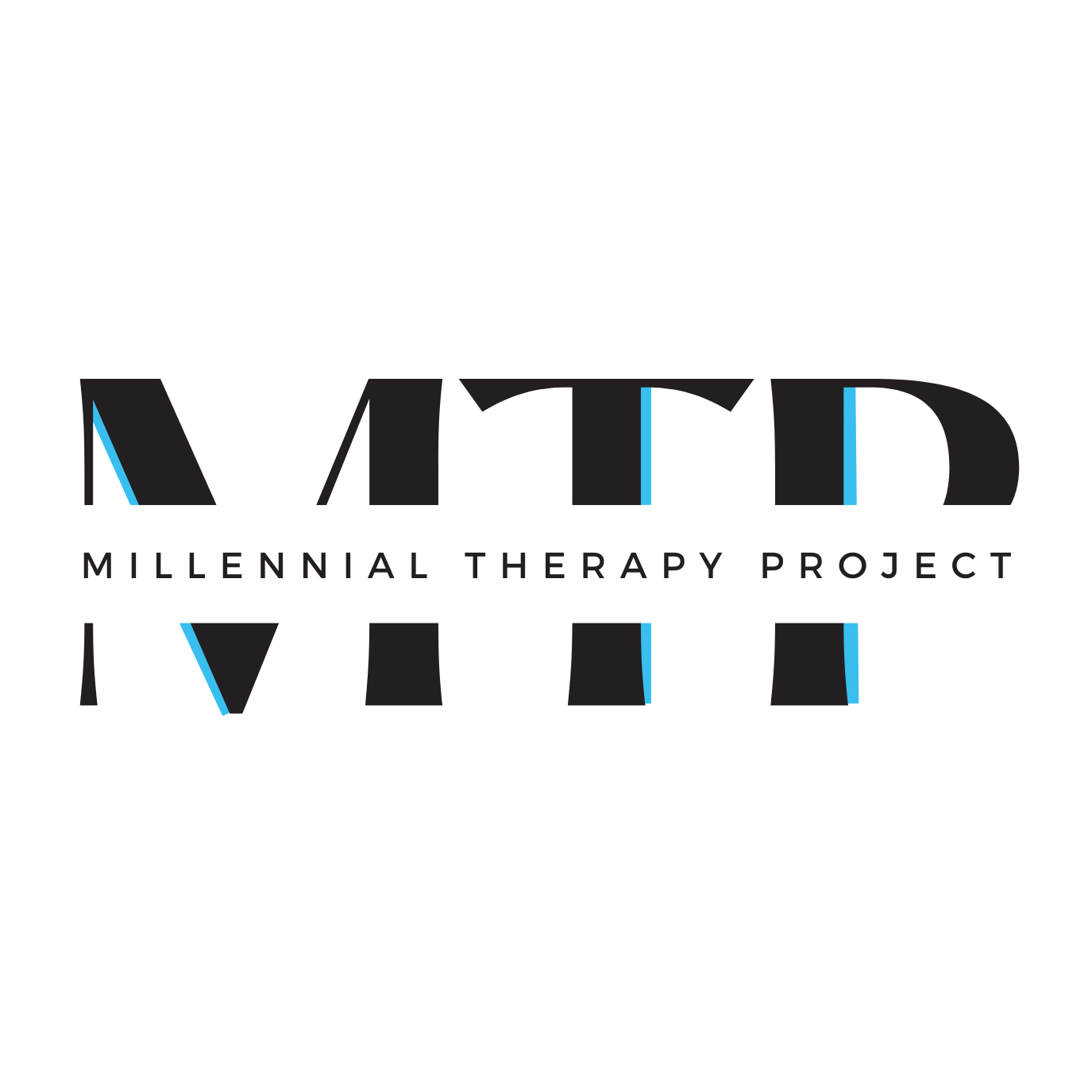Help! My Therapist is a Millennial…What to Expect From a Millennial Therapist
By Jess Piper MSW, LSWAIC
Founder, Millennial Therapy Project
Millennial therapists play by very different rules of engagement when it comes to counseling and therapy, but don’t worry we are only semi-feral. Unlike more traditional talk therapists, many millennial therapists have opted to do away with formalities to focus on creating a new type of therapy experience for their clients. Below are some things you can expect from your session with your millennial therapist.
Swearing
Clutch those pearls, Karen, because the new breed of millennial therapists and counselors love to let the colorful language fly. The therapeutic benefits of swearing have been well documented over the last 15 years. Studies show that swearing can increase pain tolerance, decrease stress and promote human connection. Many millennial therapist have welcomed swearing in their therapy practice and actively participate in swearing as well. Swearing in sessions can break down barriers, help express powerful feelings and strengthen the therapist and client relationship. So next time you or your millennial therapist swears in session, just remember, shit happens.
No Poker Face
Have ever had to endure the experience of sitting across from a stone-faced, stoic therapist while you trauma dump some of your best material and the only response they can muster is a nod and a “hmm”? The audacity! However, millennial therapists have no poker face and for good reason. Body language and facial expressions are all forms of communication. Appropriate facial expressions can help communicate validation, empathy and authenticity. It is also a great way to show you that we are actively engaged and listening to you. So the next time you share with your millennial therapist that piping hot tea, be prepared for them to match your energy.
Technology
Millennial therapists and technology go hand in hand. Millennials are the natives of the digital and technology era. After all our ability to convert word documents into PDFs and crank out PowerPoints is the sorcery that is single handily propping up corporate America. Millennials and millennial therapists have embraced the recent boom of online and virtual therapy. As digital natives we understand ways in which technology can provide connection and education in creative ways. A millennial therapist will likely offer virtual counseling sessions, like we do at Millennial Therapy Project, or they may encourage you to check out a TikTok creator or a Youtube video. This is especially beneficial to neurodivergent people who may learn in a different way.
Bringing Therapy Into the Body
Feelings are called feelings because you can actually feel them in your body but, somewhere along the historical timeline of psychotherapy, the mind and body came to be viewed as separate entities. However, millennial therapists and the mental health profession as a whole are striving to bring education and awareness to the mind body connection. Incorporating things like expressive art therapy, dialectical behavioral therapy (DBT), mindfulness and guided imagery are helping to bring the body back into therapy. If your millennial therapist suggests starting your sessions with some meditation, try to keep an open mind because it serves an important purpose.
All in all millennial therapist are working hard to create a modern approach to therapy that is centered in authenticity and experience rather than pathology and psychoanalysis. Millennials therapist are highly trained and knowledgeable even if we may swear like sailor and refuse to uphold social norms “just because that is how it’s always been down”. So if you find yourself sitting across from a millennial therapist, know you are in good, highly trained hands that are just trying to make mental health and healing a little more accessible and inclusive for all.





